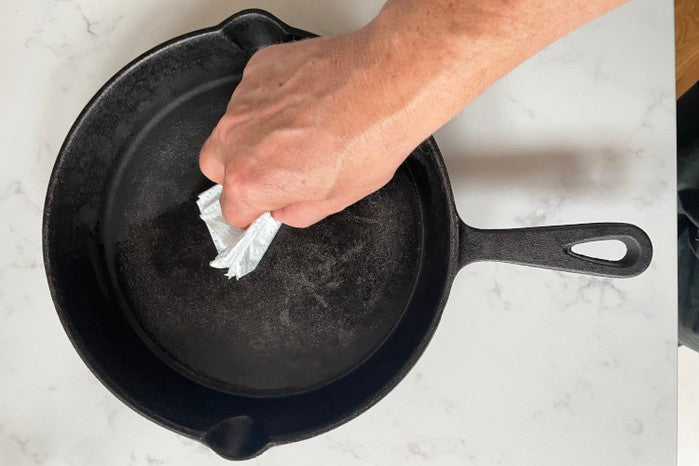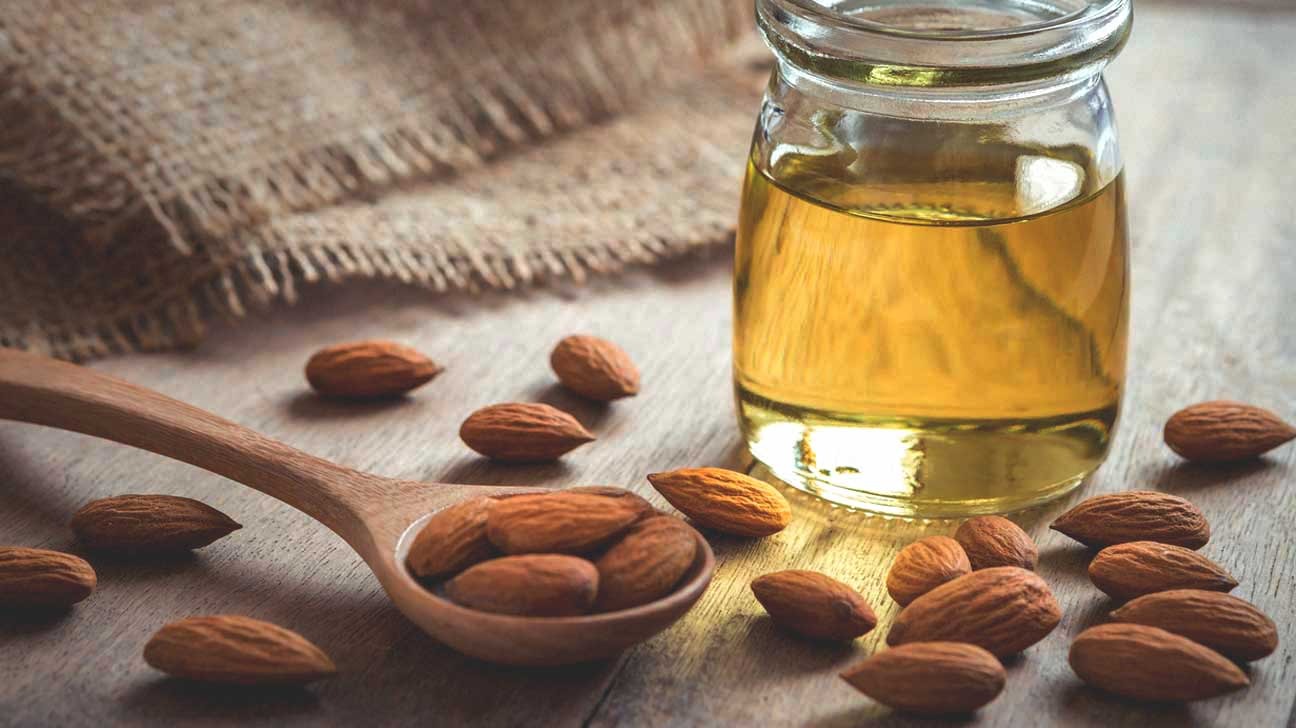Cooking with coconut oil has taken the culinary world by storm, paving the way for healthier and tastier dishes. Once a rare commodity, it's now a staple in many kitchens around the world. You'll often hear people extolling its virtues, but how exactly does one cook with coconut oil to maximize its benefits and flavor?
Let's delve deep into the art and science of cooking with coconut oil, bringing you exclusive tips and remarkable techniques.

The Benefits and Properties of Coconut Oil
Before we dive into the 'how-tos,' it's crucial to understand why coconut oil is so celebrated. What makes it a life-changing addition to your kitchen?
Health Benefits
Coconut oil contains medium-chain triglycerides (MCTs), which are easier for the body to metabolize compared to the long-chain fatty acids found in many other oils. This leads to quicker energy boosts. Additionally, lauric acid in coconut oil has antimicrobial properties that benefit overall health.
Cooking Properties
Unlike many other oils, coconut oil has a high smoke point of around 350F (177C), which makes it suitable for various cooking methods. Whether frying, sauting, or baking, this versatile oil holds up well under heat, ensuring your dishes retain their delightful taste and nutritional value.

Choosing the Right Type of Coconut Oil
Not all coconut oils are created equal. From refined to virgin, each type offers unique characteristics suited for different culinary needs.
Virgin Coconut Oil
Virgin coconut oil is minimally processed and retains most of its natural flavor and beneficial compounds. It's ideal for recipes where you want a light coconut flavor to shine through.
Refined Coconut Oil
If you need a neutral-flavored oil, go for refined coconut oil. It's perfect when you don't want an overpowering coconut taste in your savory dishes.

How to Incorporate Coconut Oil in Your Daily Cooking
Incorporating coconut oil into your daily cooking routine can be remarkably simple. Here are some terrific ways to start:
Stir-Frying and Sauting
Replace your usual cooking oil with coconut oil for a healthier twist on stir-fried vegetables or meats. Its high smoke point ensures your food cooks evenly without burning easily. Learn more about stir-frying tips.
Baking
Coconut oil can be substituted for butter or other oils in baking recipes. Use it in cookies, cakes, and even bread to impart a moist texture and subtle coconut flavor. Don't miss our baking substitutes guide.
Salad Dressings
Melted coconut oil can be blended with vinegar, mustard, and a touch of honey to create a delightful and healthy homemade salad dressing. Be sure to mix it well to keep the oil emulsified. Check out more salad dressing tips.
Popcorn
For an unmissable movie night snack, try popping your popcorn in coconut oil. You'll get a slightly sweet flavor that elevates this classic treat. Discover other movie night snacks.

Delectable Recipes Using Coconut Oil
Now that you know how to use coconut oil, here are some exclusive recipes to get you started:
Coconut Oil Granola
Ingredients: Rolled oats, nuts, seeds, honey, and coconut oil.
Directions: Mix all ingredients, spread on a baking sheet, and bake at 300F (150C) for 25-30 minutes, stirring occasionally. Explore more granola recipes.
Curried Coconut Chicken
Ingredients: Chicken breasts, curry powder, coconut milk, and coconut oil.
Directions: Saut the chicken in coconut oil until browned. Add curry powder and coconut milk, then simmer until chicken is cooked through. See our chicken dishes collection for more ideas.
Coconut Oil Chocolate Chip Cookies
Ingredients: Flour, sugar, chocolate chips, and coconut oil.
Directions: Replace the usual butter with coconut oil in your favorite chocolate chip cookie recipe for a unique and delicious twist. Find more cookie recipes.
Where to Buy High-Quality Coconut Oil
When it comes to buying coconut oil, quality is paramount. Ensure you buy from reputable sources to get the most life-changing benefits. Check out this comprehensive guide on where to find the best coconut oil.
Cooking Tips and Tricks to Remember
The following tips will ensure your experience cooking with coconut oil is as smooth as the oil itself:
- Measure Wisely: Coconut oil solidifies below 76F (24C). When a recipe calls for liquid oil, melt your coconut oil ahead of time.
- Store Properly: Keep coconut oil in a cool, dark place to extend its shelf life.
- Use the Right Pan: Non-stick or cast-iron pans work best with coconut oil to prevent sticking and burning.
- Clean Kitchen Tiles: For a clean cooking environment, learn how to clean kitchen tiles.
Frequently Asked Questions
Is coconut oil healthier than olive oil?
Both oils have their unique benefits. While olive oil is rich in monounsaturated fats, coconut oil is great for quick energy due to its MCTs.
Can I use coconut oil for frying?
Yes, coconut oil's high smoke point makes it suitable for frying, but refined coconut oil is better for maintaining a neutral flavor.
Does coconut oil change the flavor of the dish?
Virgin coconut oil has a distinct coconut flavor, while refined coconut oil has minimal taste, allowing for versatile cooking. Learn more about flavor profiles.
Incorporating coconut oil into your cooking routine offers numerous benefits and opens up a world of culinary possibilities. Try these tips and recipes today for an exclusive, healthful journey into the wonders of coconut oil.
As an Amazon Associate, I earn from qualifying purchases.






Leave a comment
This site is protected by hCaptcha and the hCaptcha Privacy Policy and Terms of Service apply.